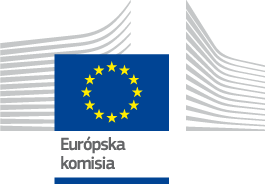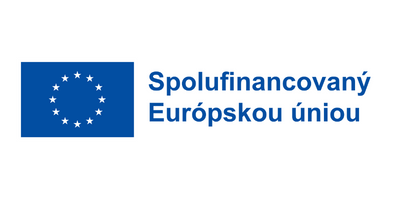Začiatok: 30. 10. 2017 10:00
Koniec: 31. 10. 2017 13:15
Typ podujatia: Konferencia
Organizátor: Democracy and Europe
Miesto konania: Konferencia
Štát: Portugalsko
‘Democracy and Europe’ will bring together perspectives that look at the past, tackle present challenges and look into the future of democracy in Europe and beyond. This encounter of multiple perspectives and actors – academics, civil society, and policy-makers – is of utmost importance to help us move towards a better society.
CONCEPT
Democracy is under pressure. In the aftermath of the financial and social crisis, distrust in political institutions and governing elites has paved the way for the rise of ‘anti-establishment’ discourses and populism. Furthermore, the recent flow of migrants into Europe and the heightened security concerns which have accompanied their arrival, have added complexity to this picture. Additionally, the wide use of ICT and social media has also altered the way citizens (inter)act with one another and democratic institutions, and participate in a democratic society or construct (non)democratic practices.
As a result, there is a widespread perception that democracy is in need of reshaping with an emphasis on participation, engagement, transparency, responsiveness, accountability and effectiveness. Meeting these challenges requires strong and legitimate institutions. Therefore, it is crucial to understand whether or not the facts speak to a structural crisis for democracies and if such facts are redefining our understanding of democracy. Such reflection poses a number of questions which must be addressed.
How do citizens perceive both democracy and their attachments to it? How do they experience democracy and what accounts for a sense of ‘democratic disappointment’? In particular, which cultural, social and structural conditions may contribute to this sort of ‘disappointment’? And can these factors create an individual/regional democratic vulnerability?
Do political leaders and politicians play a role in the erosion of democracy? How can democratic leaders respond to the re-emergence of phenomena like nationalism, protectionism and xenophobia in an interconnected world? How can these phenomena and their claims be addressed by democratic institutions while preserving core democratic values, such as equality? What socioeconomic and cultural policies are needed to address these challenges while promoting inclusion? And what impact will these phenomena have on communities and citizenry?
What can be done to fight citizens’ political alienation and distrust? Is representative democracy and greater public participation the answer or do we need to think beyond current practices? How can the cultural and historical factors involved and reflected in present developments help us look into the future? What knowledge is needed to understand and inform decision-making in the future? Which values are and which values must be at the base of decision-making?
And lastly, what is the role of the EU in supporting democracy in Europe and in the world? What do Europeans expect from the EU regarding the promotion of democracy and democratic values? How have these expectations been affected by recent events? Can the EU tackle the challenges being posed to the EU’s vision of democracy? And is this possible without overcoming the democratic deficit it is often accused of having? What knowledge and concrete actions are needed? What is an appropriate degree of action?
With Europe and the EU now at a crossroads, the path to be chosen will determine the future of subsequent generations and is inextricably linked to these questions. Interdisciplinary research and public debate are fundamental in answering these challenges while building more inclusive, open, and democratic societies. The social sciences and humanities have a key role to play in this process by contributing an understanding of cultural frameworks, as well as an understanding of historical, socioeconomic and political determinants and processes shaping perceptions of democracy and by informing and shaping decisions on democratic pathways and individual and political choices.
This conference therefore offers a unique opportunity to bring together academics, representatives of civil society, and policy-makers to address these questions. This encounter of multiple perspectives is of utmost importance for tracing the contours of democratic progress.



